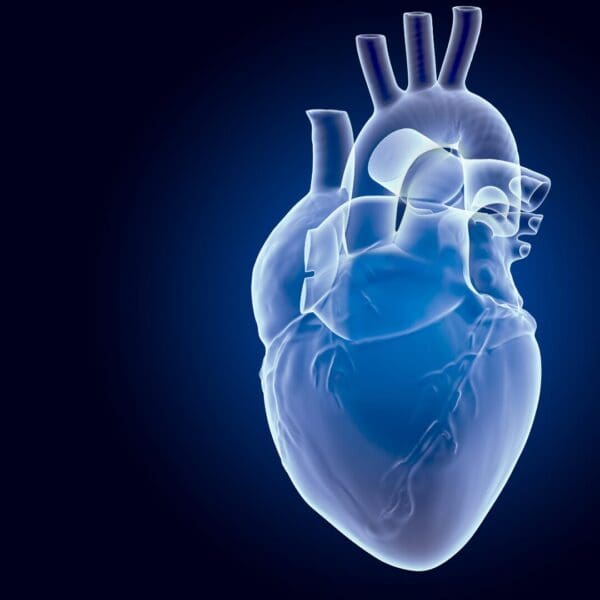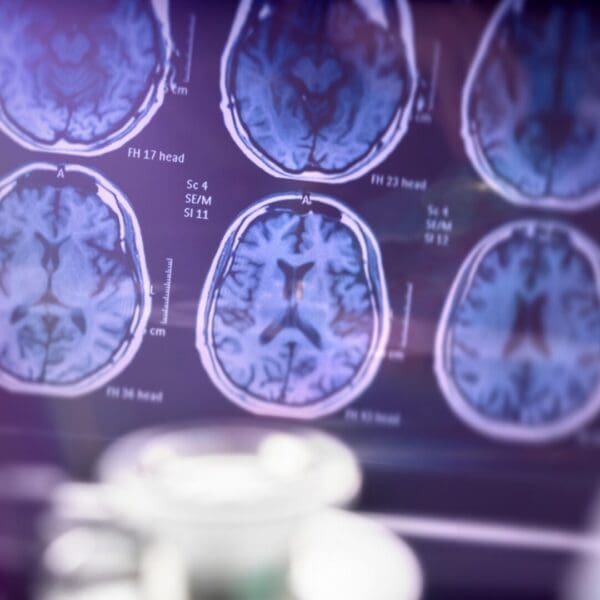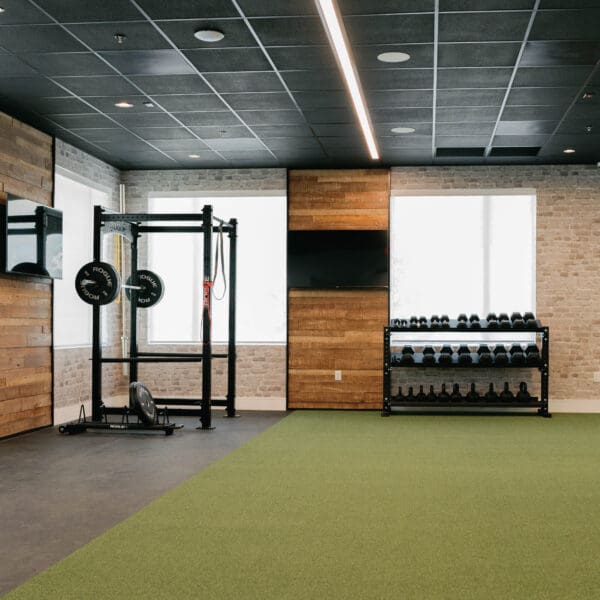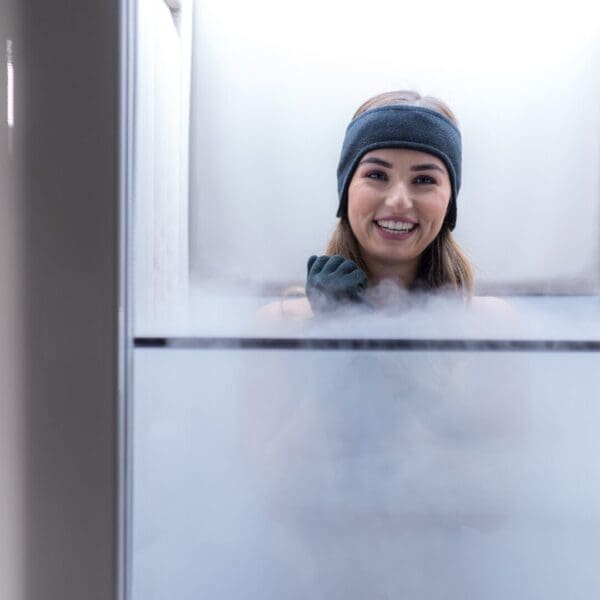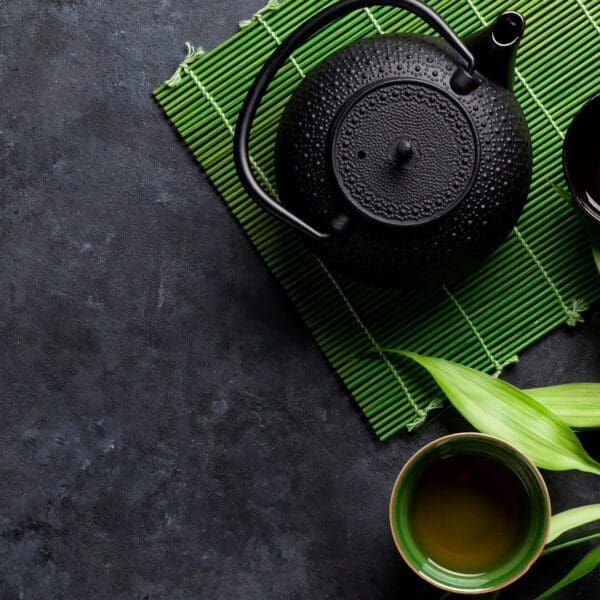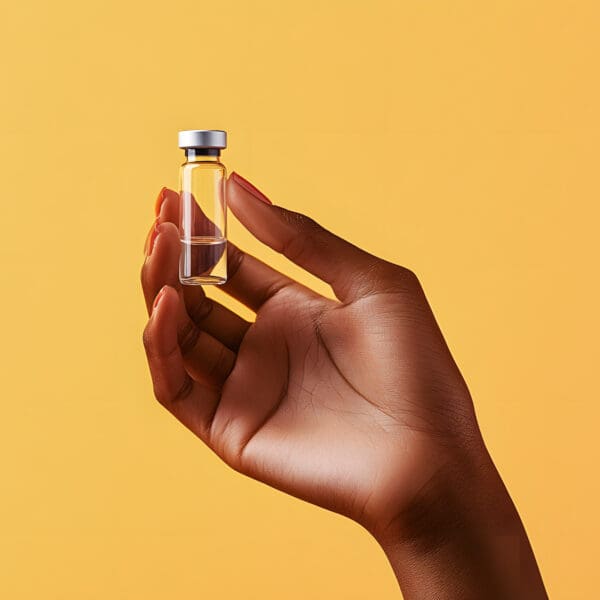What Are Peptides, Anyway?
You might be here because you’ve heard the online buzz about peptides (cough, Joe Rogan, cough cough).
Or maybe it’s because you ventured about the web or even ChatGPT looking for wellness solutions and the funny word, “peptides,” has come up a few times.
Whatever the reason, having a basic understanding of what peptides are is a logical starting point for everyone who is interested in the therapy.
So, let’s start with the basics.
Peptides are short chains of amino acids, which are the building blocks of proteins. These little chains act as messengers, telling your body to kick certain processes into gear, like boosting collagen production or repairing muscle tissue. Because your body naturally produces peptides, using them in therapy feels more like giving your body an extra helping hand rather than introducing something foreign.
Peptide therapy takes this science and applies it to your wellness goals. By using specific peptides that target skin, joints, energy, and more, you can support your body in the areas that need it most.
A Quick Look at Popular Peptides
Now, not all peptides do the same thing. Different peptides have different roles in your body. Here are a few you might hear about, including the one Joe Rogan often mentions:
- BPC-157: This is the peptide Joe Rogan has brought into the mainstream. Known as the “Body Protection Compound,” BPC-157 is believed to support healing of muscles, tendons, ligaments, and even gut tissue. Many athletes swear by it for faster recovery.
- CJC-1295: Often used to promote growth hormone release, this peptide can support muscle growth, fat loss, and better sleep. It is popular among those looking to optimize body composition and recovery.
- GHK-Cu: This copper peptide is well-known in the skincare world. It helps stimulate collagen and elastin, supporting skin regeneration and wound healing. It is also being explored for its potential anti-aging benefits.
These are just a few examples, but there are dozens of peptides used in modern therapies, each with its own set of benefits. The key is matching the right peptides to your personal goals, which is why working with a clinic like PUR-FORM can help you navigate the options.
The Science
Science matters. So we thought it would be a good idea to provide a few additional links for your continued research.
The effect of BPC 157 on healing of colorectal anastomosis in rats – PubMed
This study examined how BPC-157 supports tissue repair in rats following surgical procedures. The results showed enhanced healing and reduced inflammation, which is why BPC-157 is often discussed in the context of joint and muscle recovery.
Copper peptide GHK-Cu stimulates wound healing and tissue remodeling – Journal of Biomaterials Science
This research looked at GHK-Cu, a copper peptide commonly used in cosmetic and therapeutic skin care. It found that GHK-Cu can help activate wound healing, stimulate collagen production, and support overall tissue regeneration, making it a strong candidate for skin health applications.
Peptides for Joint Pain and Recovery
Dealing with stiff knees, sore shoulders, or nagging joint pain? Peptides might help you feel more like your active self again. Some peptides are designed to support the repair of soft tissues like tendons, ligaments, and cartilage. They can also help reduce inflammation, which is often at the root of joint discomfort.
For athletes or anyone who wants to stay active as they age, peptide therapy can be a valuable addition to your recovery toolkit. By promoting healing and reducing soreness, peptides can help you keep moving, whether that means finishing a workout or enjoying a weekend on the golf course.
Can Peptides Really Improve Your Skin?
The short answer is, yes.
If you’re looking for smoother, firmer, more radiant skin, peptides might be your new best friend. And it’s not just internet buzz — board-certified dermatologists are paying attention. In the below video by Dr. Dustin Portela, he breaks down how peptides work as messengers in the skin, helping improve collagen production, hydration, and elasticity.
“Peptides are going to become an increasingly relevant part of our skincare as scientists are searching for new ways to help rejuvenate the skin and to improve our appearance.” Dr. Dustin Portela.
There are four main types of skin-focused peptides:
- Signaling peptides tell your skin to produce more collagen, elastin, and hyaluronic acid, which help plump and firm the skin.
- Carrier peptides, such as copper peptides, deliver essential minerals that support enzyme function and skin repair.
- Enzyme inhibitor peptides help prevent the breakdown of collagen and elastin, keeping the skin structure strong over time.
- Neurotransmitter inhibitor peptides aim to soften muscle contractions that lead to fine lines, offering a Botox-like effect with consistent use.
While many of these are used in topical products, peptide therapy at PUR-FORM supports your skin from within. Whether you’re looking to reduce fine lines, improve elasticity, or support healing after cosmetic treatments, peptides offer targeted, science-backed results.
Is Peptide Therapy Right for You?
Peptide therapy is not a one-size-fits-all treatment. Peptide Therapy at our Boca Raton clinic is fully personalized. It starts with an in-depth consultation where we learn about your health history, lifestyle, and goals. From there, our team recommends a customized peptide plan that addresses your unique needs.
Throughout your treatment, we provide ongoing support and adjustments to make sure you are getting the most from your therapy. This is about creating a plan that fits into your life, supports your goals, and helps you feel your best at every stage.
Let’s say someone in their 40s is feeling worn down from years of joint discomfort and noticing their skin isn’t bouncing back the way it used to. After a consultation at PUR-FORM, they might be recommended a personalized plan including peptides for tissue repair and skin regeneration. Over the next few weeks, they start feeling more energetic, their workouts become easier to recover from, and their skin looks noticeably fresher. That’s the power of targeted, individualized care.
Ready to Explore Peptide Therapy?
If you are curious about how peptide therapy could fit into your wellness routine, explore PUR-FORM’s personalized peptide therapy options here. It might just be the extra support your body has been waiting for.
Peptide Therapy FAQ
What exactly are peptides and how do they work?
Peptides are short chains of amino acids that act as messengers in the body, telling your cells to perform certain functions. In therapy, specific peptides are used to target things like skin rejuvenation, joint repair, metabolism support, and more.
Which peptide does Joe Rogan take?
Joe Rogan has famously talked about using BPC-157, also known as Body Protection Compound 157. It’s a peptide that’s often associated with supporting joint, tendon, and muscle repair, and some people use it to speed up recovery from injuries.
Note: At PUR-FORM, peptide protocols are personalized and may or may not include BPC-157 based on your health goals and provider recommendations.
Is peptide therapy safe?
Peptide therapy is generally well-tolerated since peptides are naturally occurring in the body. However, as with any treatment, it’s important to work with a trained provider who can customize your plan and monitor your progress.
How long does it take to see results from peptide therapy?
It depends on your goals and the peptides used, but many patients start noticing benefits within a few weeks of consistent therapy. Full results may take a few months as the peptides work on cellular functions over time.
How do I get started with peptide therapy at PUR-FORM?
The first step is to schedule a consultation at our Boca Raton clinic. Our experts will assess your health history, goals, and lifestyle, then design a personalized peptide plan just for you.
